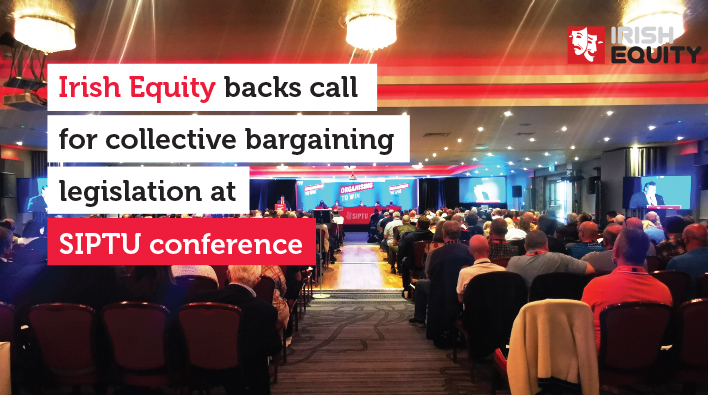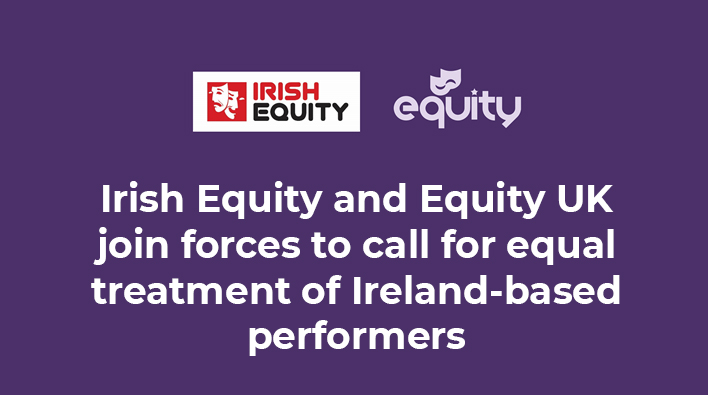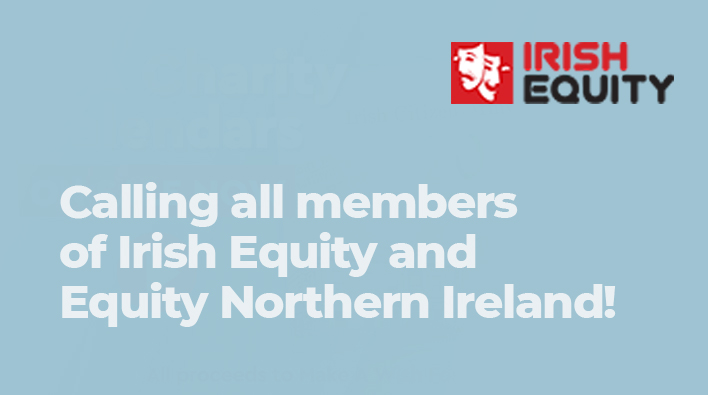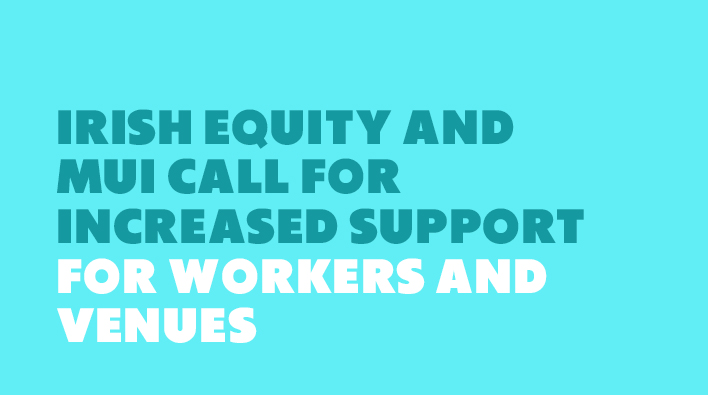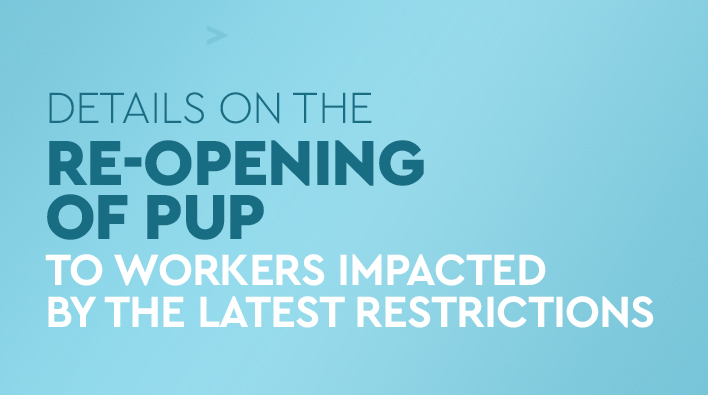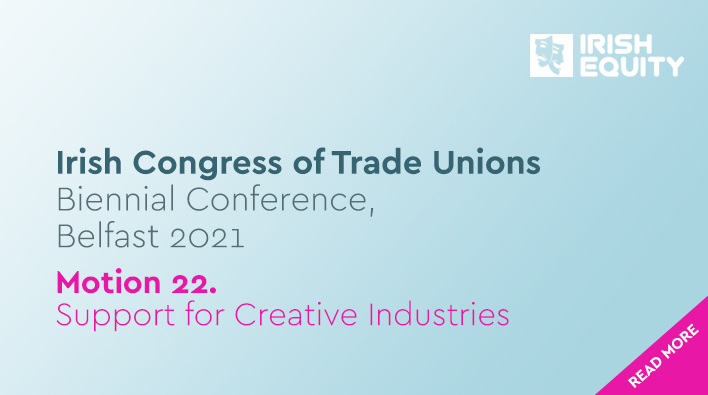Unions representing performance workers, SIPTU, Irish Equity and the MUI, have welcomed the announcement today (Tuesday, 5th April) of a Basic Income for the Arts pilot scheme which will provide a security of income for three years for up to 2,000 participants.
The scheme announced by Minister for Tourism, Culture, Arts, Gaeltacht, Sport and Media, Catherine Martin, will provide for a weekly payment of €325 to successful applicants in order to support practicing artists and creative arts workers.
[Read more…]

